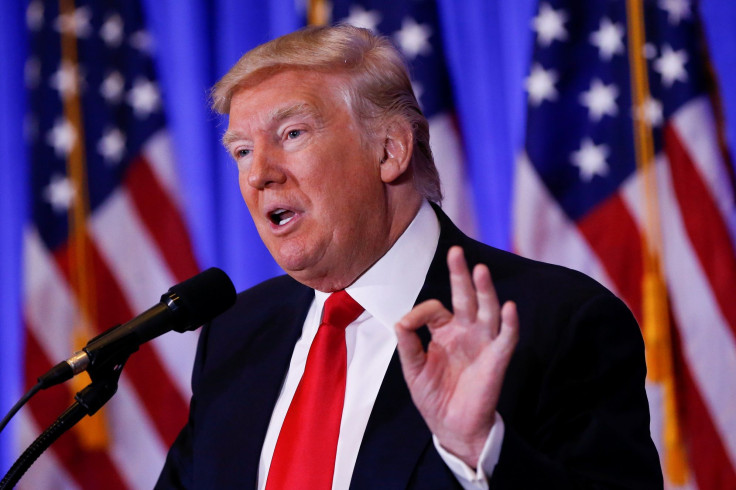Australian woman with citizenship of country on travel ban list denied entry to US

A woman who has lived in Australia for 17 years was denied entry to the United States. The woman held a dual-citizenship with one of the nations listed on US President Donald Trump’s travel ban.
The incident was described by Kim Greenock, from Perth. He said he arrived at the Los Angeles International Airport on Saturday, soon after Trump signed an executive order that denied people from seven Muslim countries – Iraq, Syria, Sudan, Iran, Somalia, Libya and Yemen – entry to the US.
Along with him in “quite a tense room,” where custom officers verified the paperwork of each individual, was an Australian academic who had come to the US for a conference. The woman was being asked to go back as she belonged to one of the seven countries listed on Trump’s travel ban.
Speaking with 9News, Greenock said, "I did not hear where she came from but the customs officer said because she was from 'one of those seven countries' she would no longer be allowed in the US.”
“The woman said she hadn't lived there for the last 17 years, had a small child and little to no connection with the country but he basically said 'bad luck – anyone from those countries were banned from entering the US'," Greenock said, adding that the order had been signed and put into effect while she was flying and after she had secured a valid visa. "The woman said she was on the plane at the time so had no idea but they said that is just how it is now,” he said.
Meanwhile, former Prime Minister Bob Hawke has described Trump’s travel ban as "a fact of life." Speaking with Nine Network's 60 Minutes (via News Corp), he said, “I think we should hold our hand out to Trump and say, 'You've been elected, we accept that, and we want to talk confidently with you'.” He added that if Trump “is isolated by definition he's going to rely on his own attitude and resources and ideas.”
On Saturday, Trump signed an executive order that denied people from Iraq, Syria, Sudan, Iran, Somalia, Libya and Yemen entry to the US. Measures of “extreme vetting” will be adopted by the Trump administration for people from the seven countries named on the travel ban list.
"It is one thing to read or see things on the TV about the ban but watching an individual put in an uncomfortable situation like that mak es you realise the human cost,” Greenock said. He added that while it is important to prevent dangerous people from entering the country, a “ blanket rule is a very coarse way to prevent that.”





















